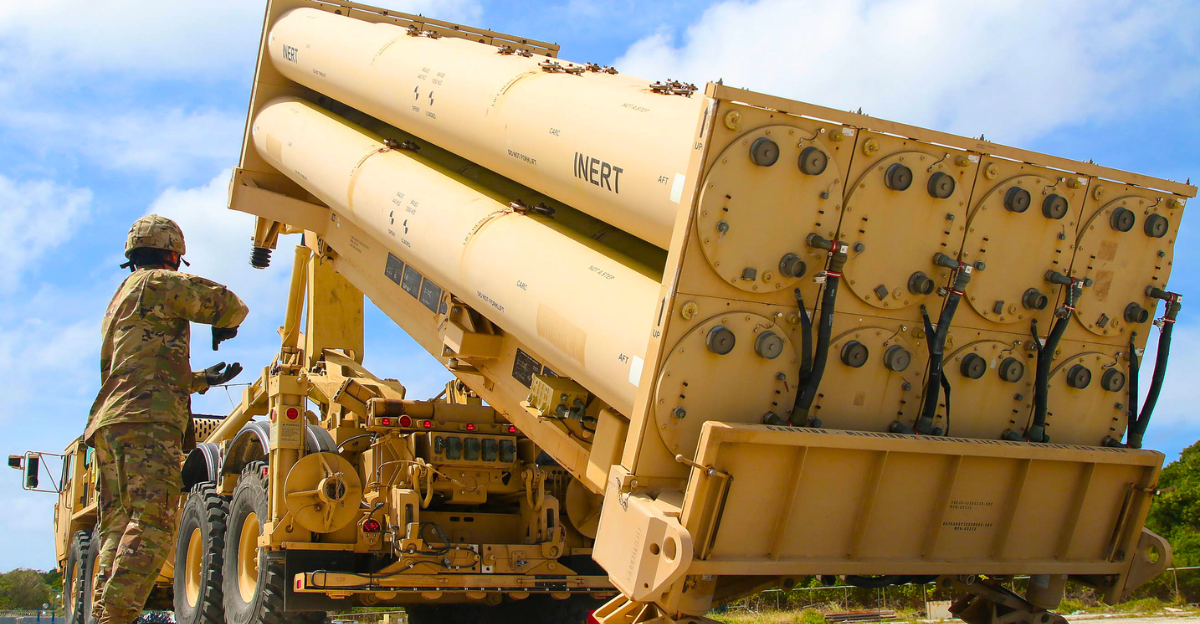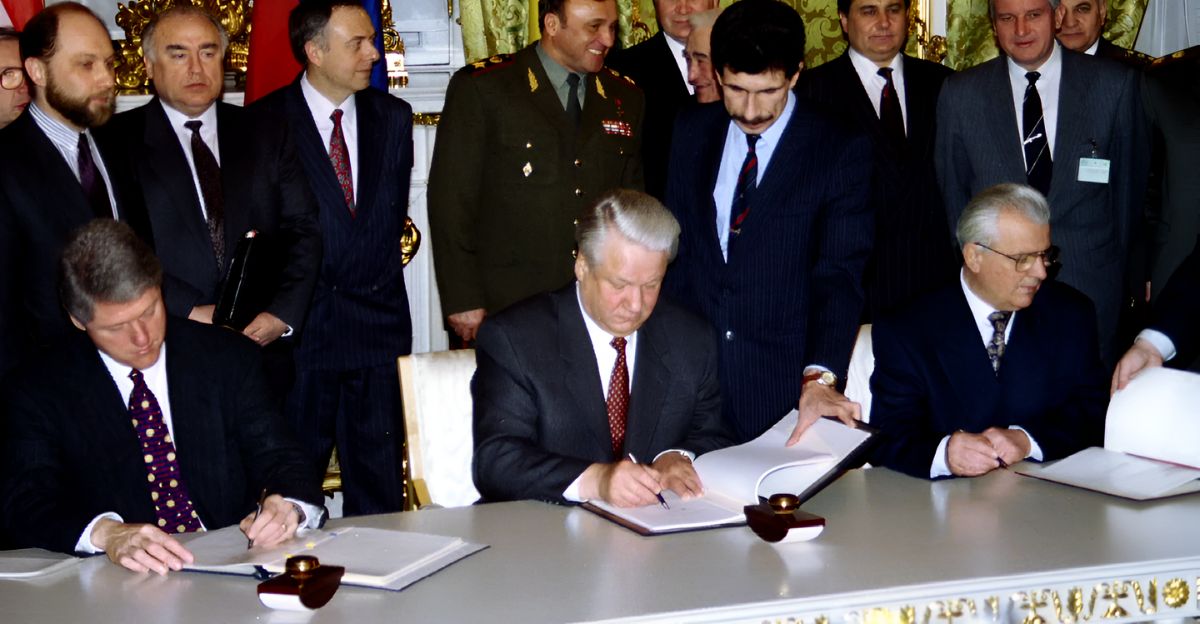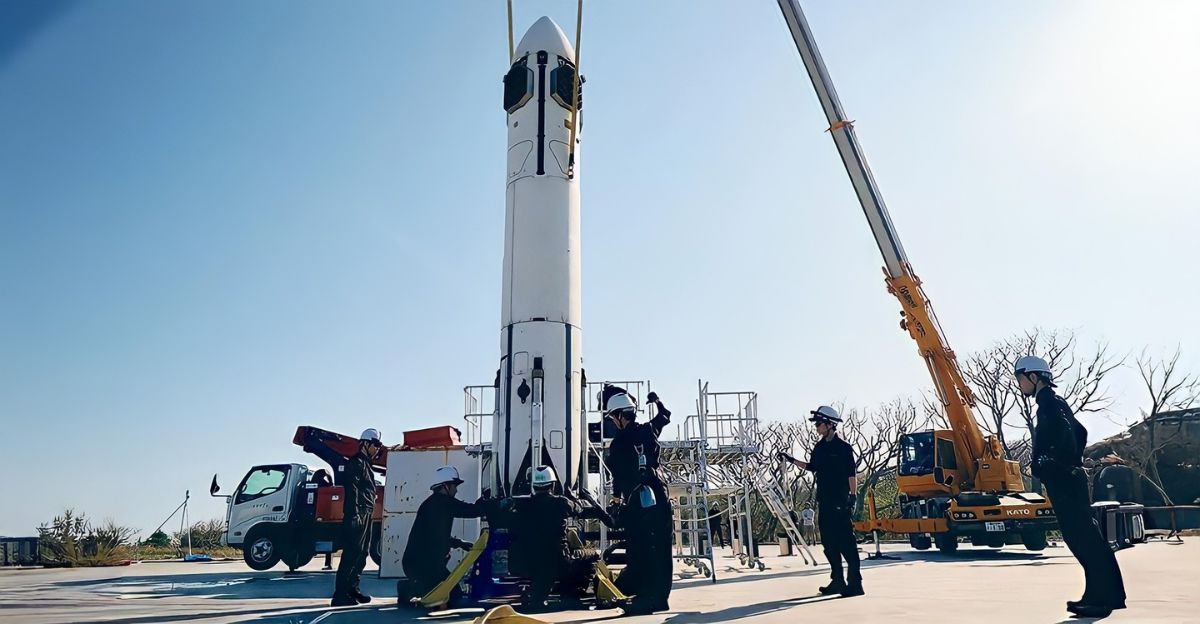
On June 17, 2025, Honda, a well-known car brand, shocked the world unexpectedly by launching, and successfully landing, its first reusable rocket in Japan’s “space town” of Taiki, Hokkaido.
The test wasn’t technologically impressive, but represented more of a cultural jolt, going viral on Reddit, YouTube, and TikTok instantly, and igniting heated arguments about whether SpaceX’s dominance in the reusable rocket market might finally be overthrown.
This isn’t just any news headline: it’s the start of something that could change the fate of space exploration, technology, and possibly even day-to-day life.
The Moment That Changed Everything
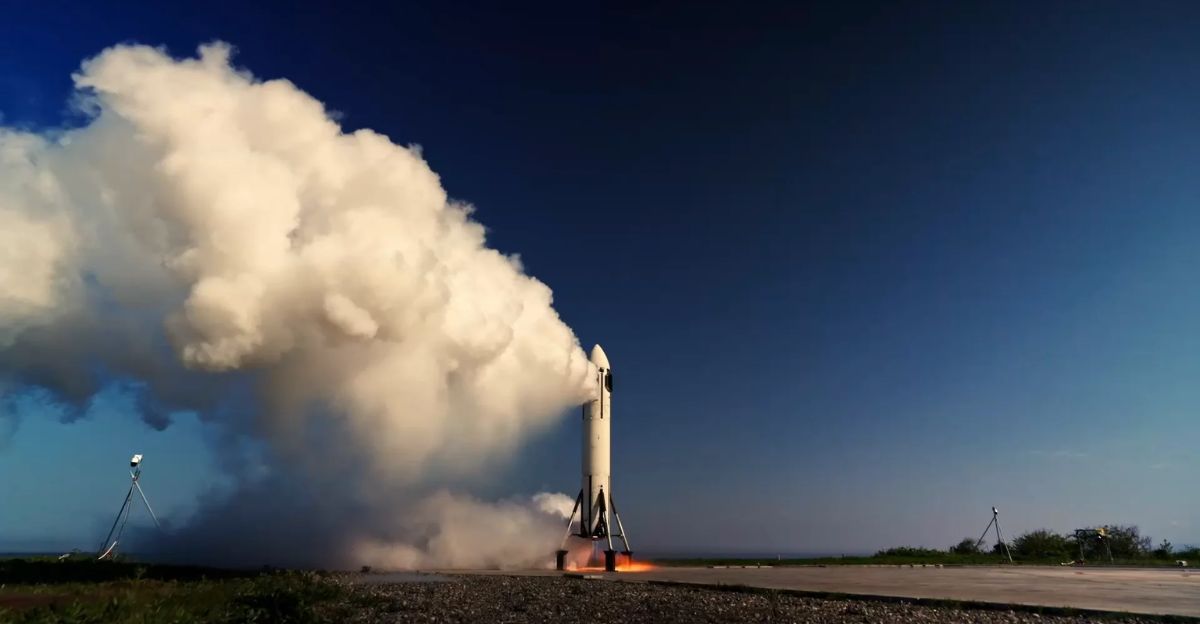
Honda’s rocket, a 6.3-meter, 1,300-kilogram test vehicle, soared nearly 300 meters in the air before coming down with remarkable accuracy, landing only 37 centimeters short of its intended mark.
The flight was only 56.6 seconds long, not a flashy PR stunt by any means, but it was a precisely choreographed exhibition of basic reusable technologies as a result of years of behind-the-scenes research and development.
Why Honda, Why Now?
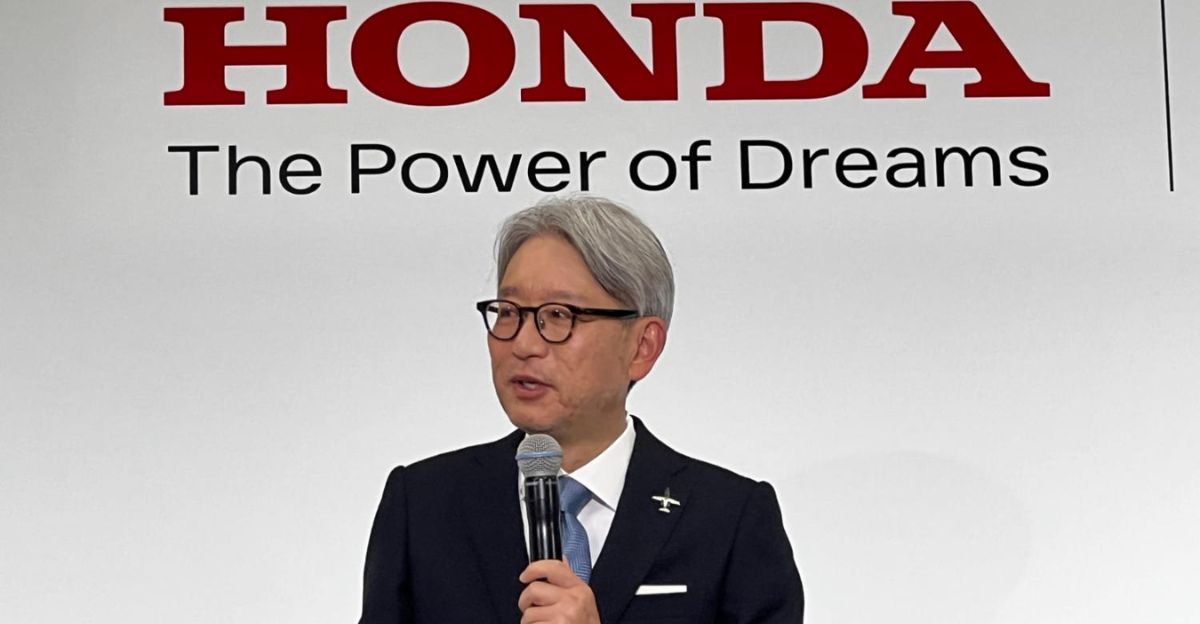
Since 2021, Honda has quietly invested billions in space technology, discovering that rocketry is a natural extension of its skills in combustion, control systems, and automation.
Their goal? Making cheap, reusable spacecraft launchers for satellites that benefit everything from internet-enabled cars to climate change monitoring systems.
Honda’s leadership, under CEO Toshihiro Mibe, sees it as a way to “make people’s daily lives more enjoyable” and to prepare the company for a future where connectivity and data are as indispensable as horsepower.
The Rocket: Small, Smart, and Shockingly Precise
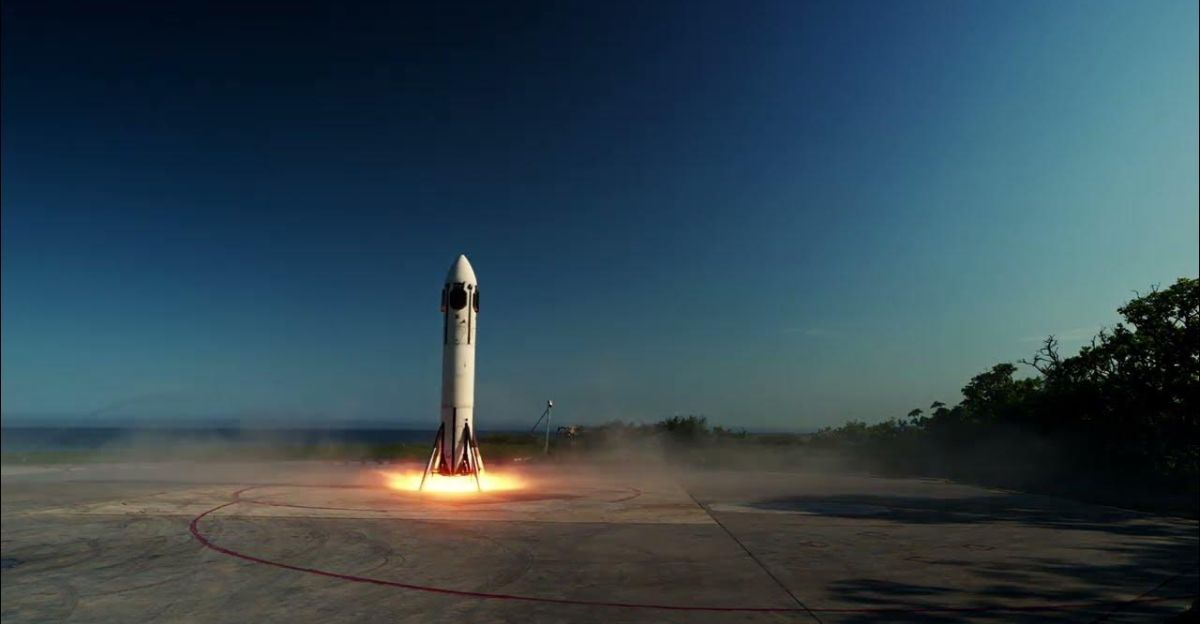
Unlike SpaceX’s massive Falcon 9, Honda’s rocket is tiny—about one-tenth the size—but what it lacks in size, it makes up for in precision and efficiency.
The rocket features retractable landing legs and aerodynamic fins, not unlike SpaceX’s but optimized for smaller payloads and rapid turnaround.
Honda’s engineering heritage is on full display: the precision and stability of the rocket’s landing already compares to the industry leaders, and its use of cryogenic methane and oxygen implies a focus on low-cost, green launches.
Eco, Economy, and Everyday Impact
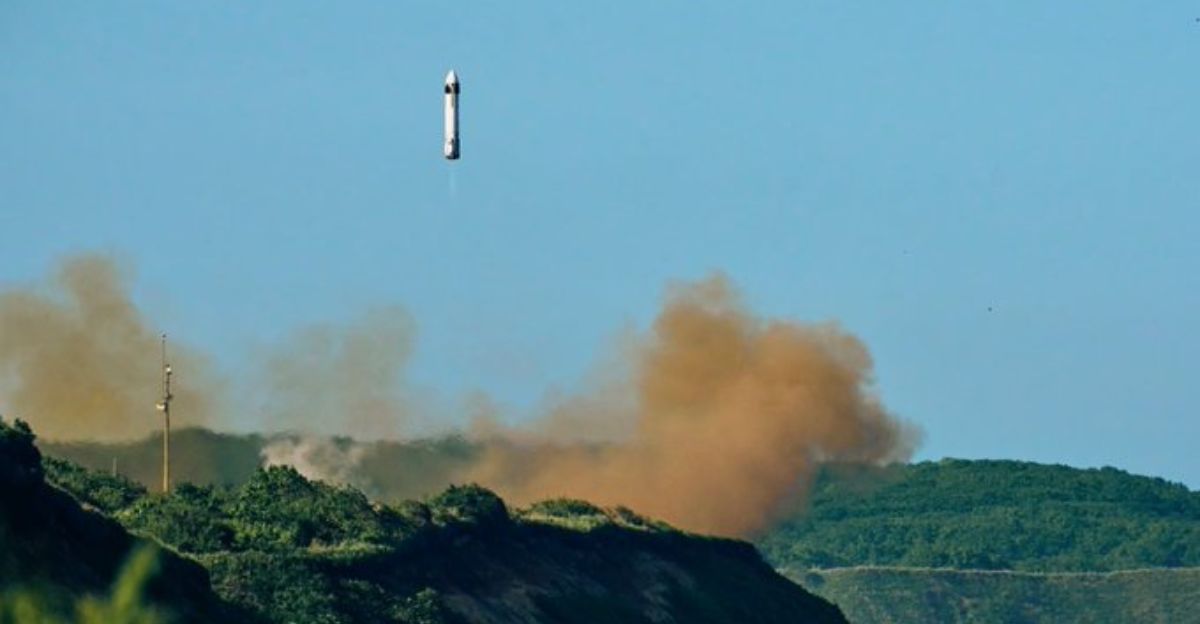
Honda’s success is not just a technical milestone—it’s the start of a new era in commercial space access.
With the proof that reusable rockets can be built on an automotive scale, Honda is lowering the bar for satellite launch, making it possible for smaller-scale enterprises, universities, and even developing nations to access space.
This democratization could accelerate everything from weather forecasting to global internet access and even redefine on the ground transportation and logistics.
SpaceX, Meet Your Match
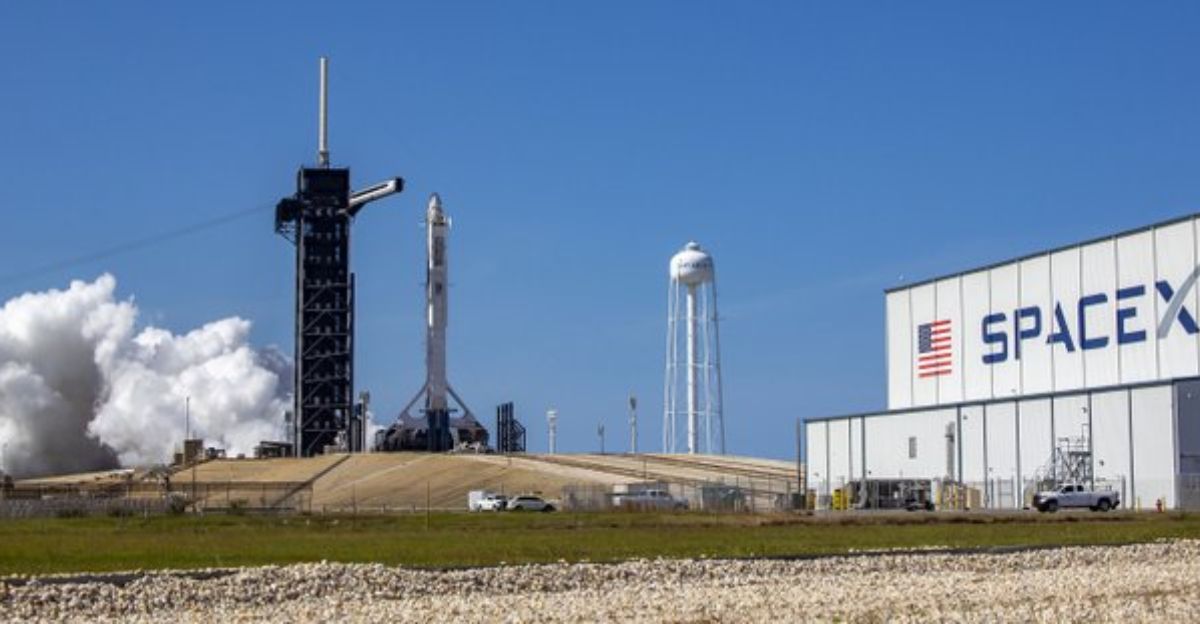
SpaceX has dominated reusable rocketry for years with hundreds of successful launches and landings. But Honda’s entry into the game has changed everything.
While SpaceX still dominates in payload and altitude, Honda’s precision, cost-saving strategy, and automotive production muscle shakes the status quo.
Insiders are already buzzing with excitement, wondering if SpaceX will need to reconsider its own innovations and raise it’s standards, or be outsmarted by a new breed of agile, cost-conscious competitors.
How Honda Did It: From Cars to Cosmos
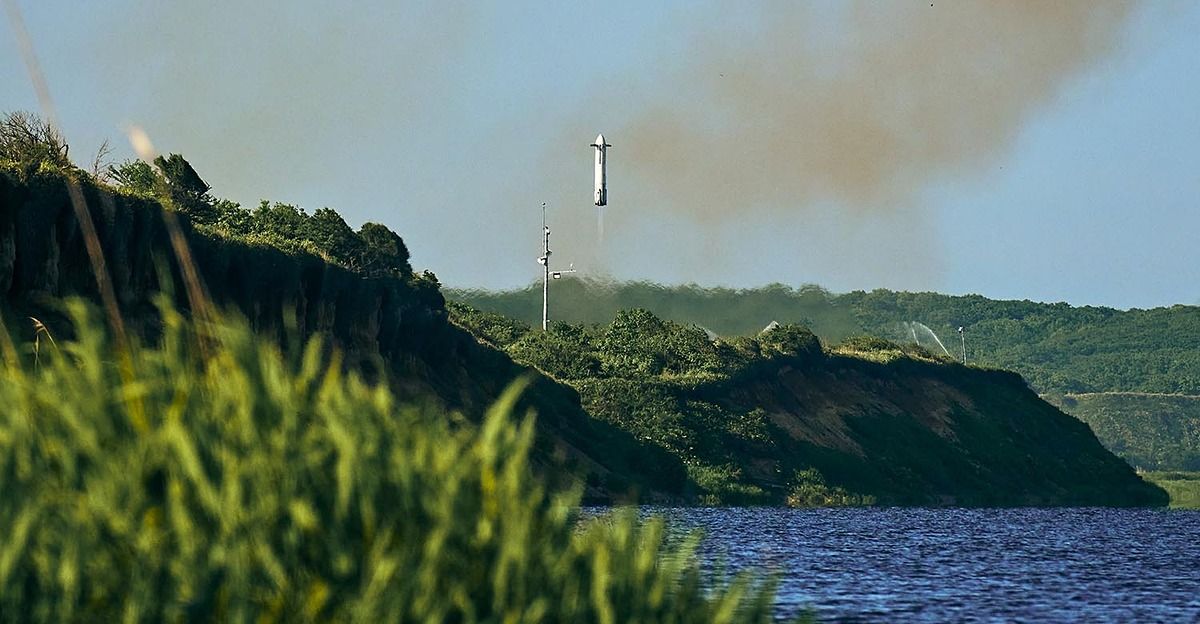
Honda’s quantum leap was not a coincidence. The company leveraged its decades of experience with robotics, automated driving, and internal combustion expertise—fields where precision, reliability, and efficiency simply can’t be compromised.
Its rocket guidance and landing systems are attributed to autonomous car technology, and its modularity speaks to Honda’s familiarity with mass-producing scalable goods.
Further, working with Japan’s space agency and leveraging public-private networks, Honda established a launchpad for rapid, iterative development.
The Future of Space Exploration Just Got Wider
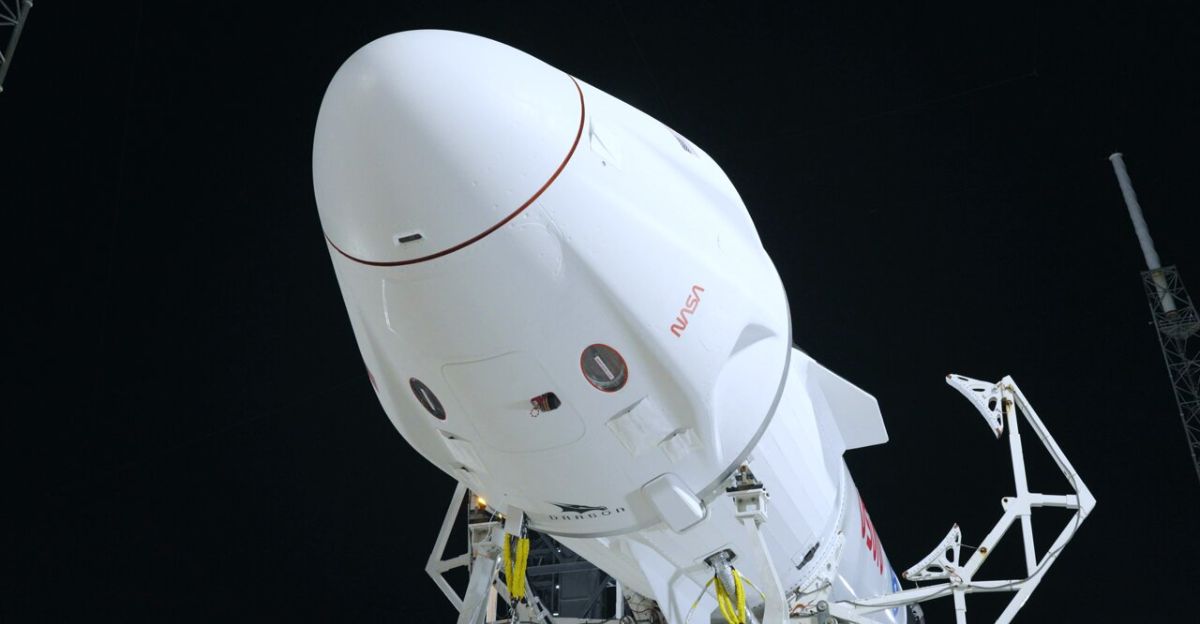
This one launch has already begun to reshape the future of space. With Honda’s success, the monopoly held by a few giant aerospace firms is disintegrating, opening up to a new, more innovative environment.
Now, we can begin to expect new satellites constellations, faster data networks, and increased space exploration and research—all powered by rockets that are cheaper, cleaner, and more widely available than ever before.
Real People, Real Reactions: The Human Story

The excitement isn’t limited to corporate boardrooms, locals and engineers in Taiki Town saw the launch as their vision for their “space town” became a reality, and they couldn’t be prouder.
Online, YouTube and Reddit were flooded with videos, memes, technical discussion, and even jokes about the rocket’s landing legs, evoking Honda’s mythical motorcycle suspension.
To many, it was proof that innovation can come from anywhere—and that your local car company may just be the next trailblazer in space exploration.
Legislators, Regulators, and the Race to Regulate

Honda’s breakthrough has piqued the interest of governments and regulatory bodies worldwide. Japan’s push to double its space industry, fueled by subsidies and public-private alliances, is the polar opposite of the US’s model led by SpaceX.
Policymakers are now debating how best to ensure safety, manage space debris, and foster competition in an accelerating world. The ripple effect can be seen in new regulations, new opportunities, and new challenges for everyone in the space game.
The Future is Here
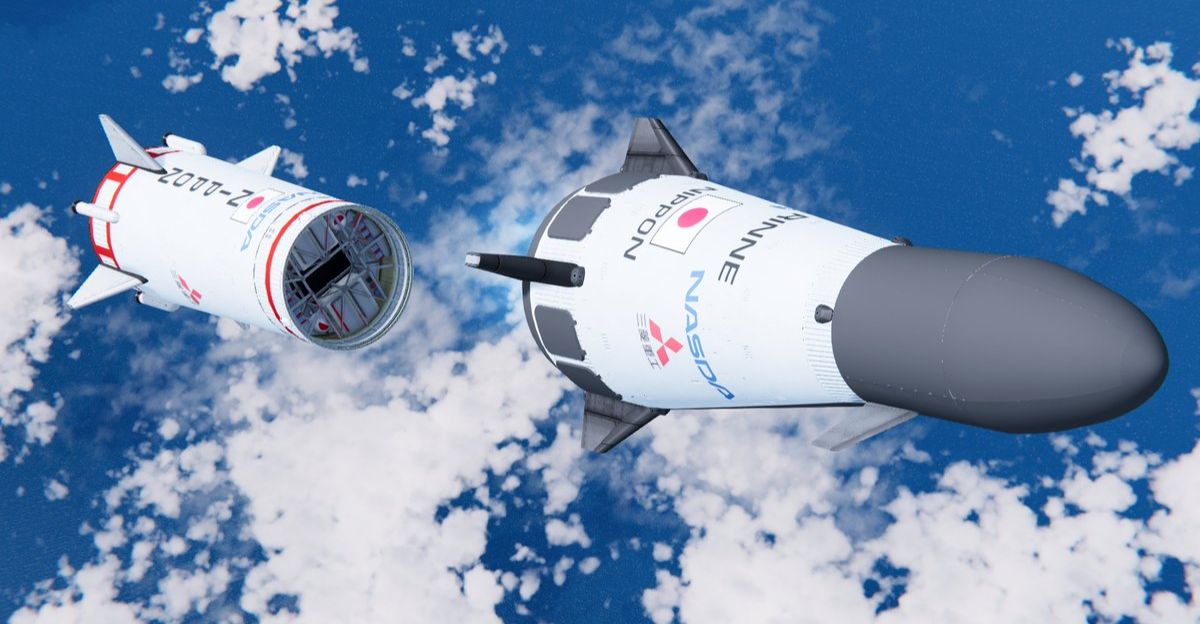
For industry leaders and space enthusiasts alike, Honda’s launch is a signal: the age of affordable, reusable rockets is here.
Expect faster, cheaper, and more frequent launches, a boom in satellite services, and new career paths in aerospace engineering—even for those outside traditional space hubs.
The next wave of rocket advancements will likely come from unexpected places, blending automotive, AI, and green tech in ways we’re only just beginning to imagine and understand.
The Big Picture: Why This Matters

Honda’s rocket achievement is a turning point in space exploration and innovation. By gently touching down a reusable rocket with the ease of a car, Honda has sent a message to the entire space industry: innovation knows no bounds, and the future of space belongs to everyone.
The cascading effects from this single event will spread throughout technology, policy, business, and daily life for years to come. As the dust final settles, one thing is certain: the space race just got a whole lot more interesting.
Uncover more fascinating moments from history — and hit Follow to keep the stories flowing to your feed!
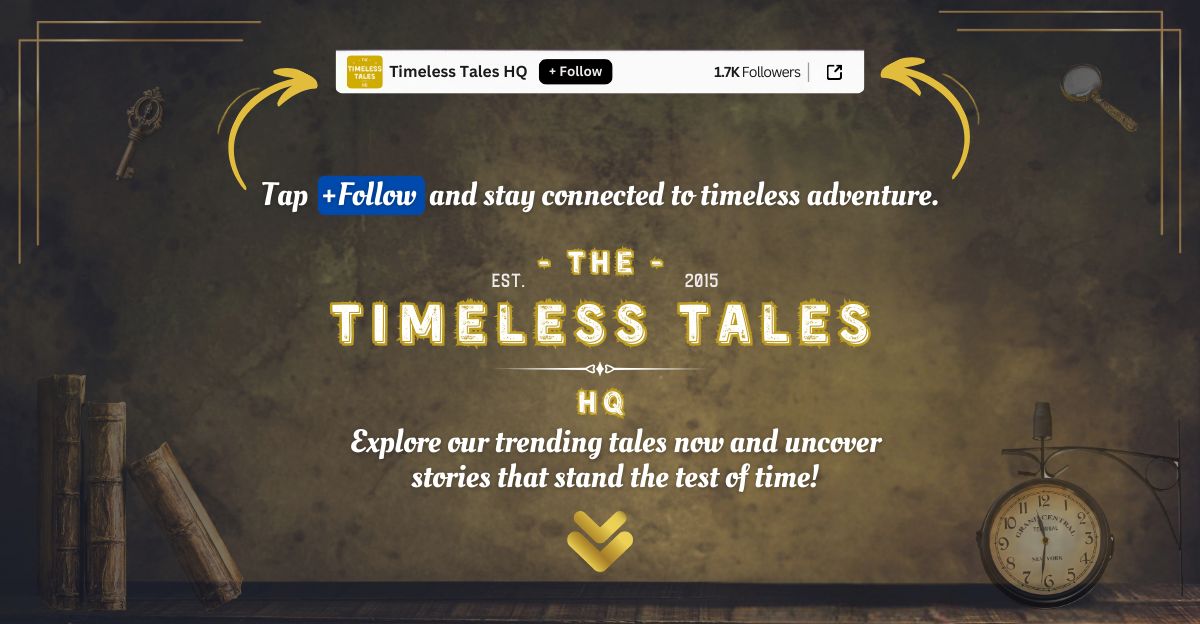
Don’t miss more incredible stories from the past! Tap Follow at the top of this article to stay updated with the latest historical discoveries. Share your thoughts in the comments — we’d love to hear your perspective!


